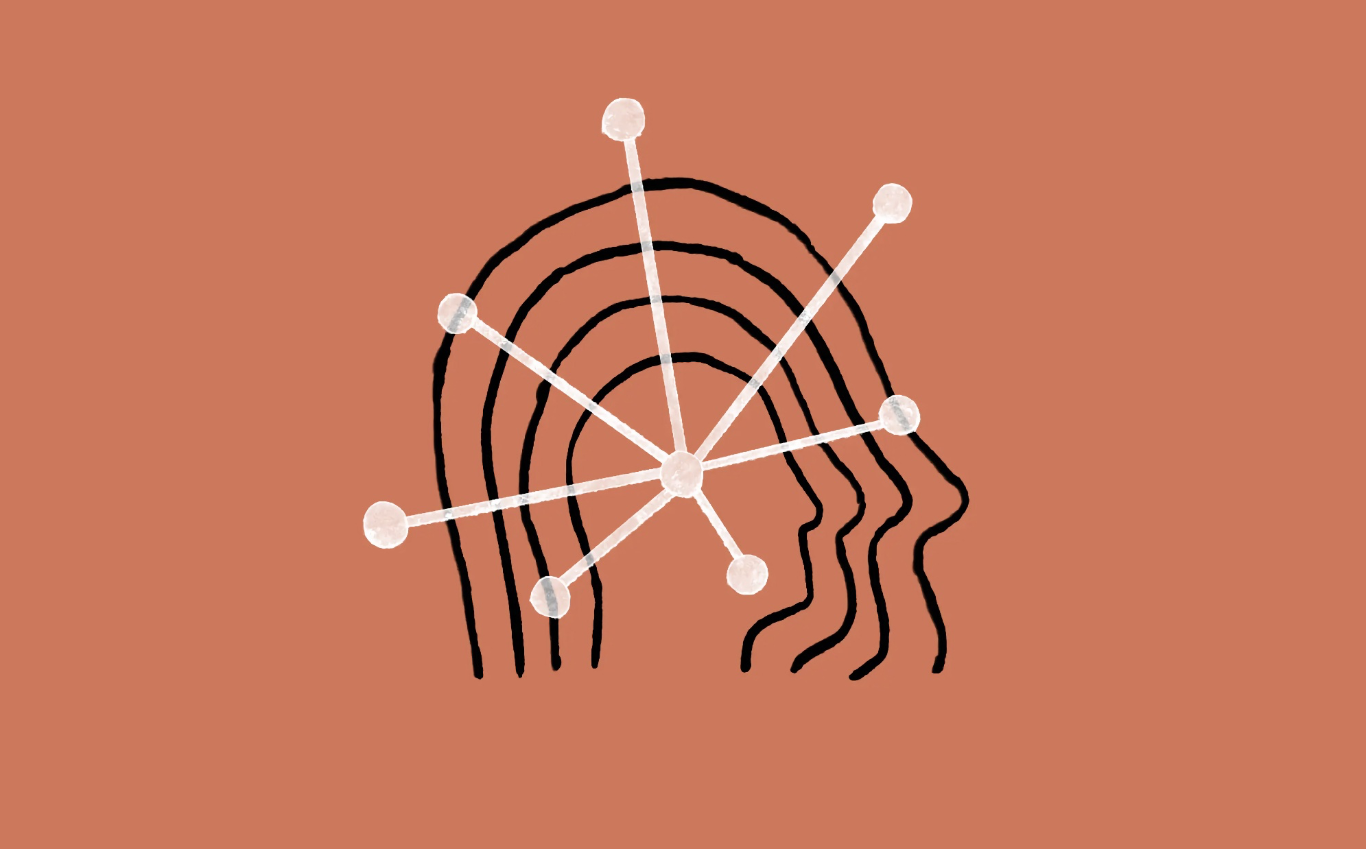Can 51% attacks be finally eliminated? Ethereum founder Vitalik proposes a new concept for this
A 51% attack is an attack on a blockchain organized by a group of miners who control more than half of the computing power. Now God V has come up with a way to stop them!
A 51% attack can be very harmful to the blockchain because this attack can completely prevent new transactions from getting confirmed and may prevent payments between some or all users. Ethereum founder Vitalik Buterin believes that this problem can be solved by timeliness detector.

When "time is money"
This new concept proposed by Buterin addresses three challenges because it enables active blockchain clients to reach agreement on three critical issues. That is, the client will know:
- SheKnows opens new year's debate | Crypto prophets, show you clearly 2020
- DeFi P / E: Valuation of DeFi Tokens
- CT detection of new coronary pneumonia with AI
- Whether a "serious enough" 51% attack has occurred
- Which "correct" chain to fuse, and
- Which verifiers should be "accountable" for this attack.
The analysis will be performed through a randomly selected prover network. They will check the timestamp of each block and determine if it arrived "on time". Therefore, only the blocks that arrive "on time" will be rebroadcast to the mainnet with the certifier's signature.
Similarly, the concept of this timeliness detector will eliminate the possibility of implementing a censorship system on the blockchain. The client does not support any part of the blockchain that rejects "fair" blocks: This is easy: if a block with a self-declared time t is a timely chain, the [deadline] is automatically ruled as non-standard, the The chain does not include the block (…). Is it good for Ethereum (ETH) 2.0? Generally, the Ethereum (ETH) researcher community appreciates this concept. Some of them even asked if the proposed technology is suitable for the initial phase of Ethereum 2.0, and a proof-of-stake version of the Ethereum protocol will be launched in 2020.
Similarly, the concept of this timeliness detector will eliminate the possibility of implementing a censorship system on the blockchain. The client does not support all parts of the blockchain that reject "fair" blocks:
This is easy: if a block with a self-declared time t is a timely chain, the chain does not include the block (…) until the [deadline] is automatically ruled as non-standard.
Is this new proposal good for Ethereum (ETH) 2.0?
Taken as a whole, the Ethereum researchers community appreciates this concept. Some of them even asked if the proposed technology is suitable for the initial phase of Ethereum 2.0, and the Proof of Stake (PoS) version of the Ethereum protocol will be launched in 2020.
Vitalik Buterin said that this is possible, and he personally hopes that the development of Ethereum will move in this direction.
We will continue to update Blocking; if you have any questions or suggestions, please contact us!
Was this article helpful?
93 out of 132 found this helpful
Related articles
- How to become a Bitcoin Core contributor? The most complete Bitcoin developer guide is here
- Is Bitcoin mining center moving from China to North America? Chinese "miners" have something to say
- Perspective | Adjusting Bitcoin Units Could Be the Key to a Bull Market
- Under the epidemic, how can blockchain technology empower medical data sharing scenarios?
- Bitcoin's secret history: 21 million is not the ultimate total of Bitcoin
- "China Maritime Arbitration Commission Online Arbitration Rules" formally released: clear electronic evidence identification, connecting core technologies such as blockchain
- BIS: 2019 Central Bank Digital Currency Survey, CBDC Coming






